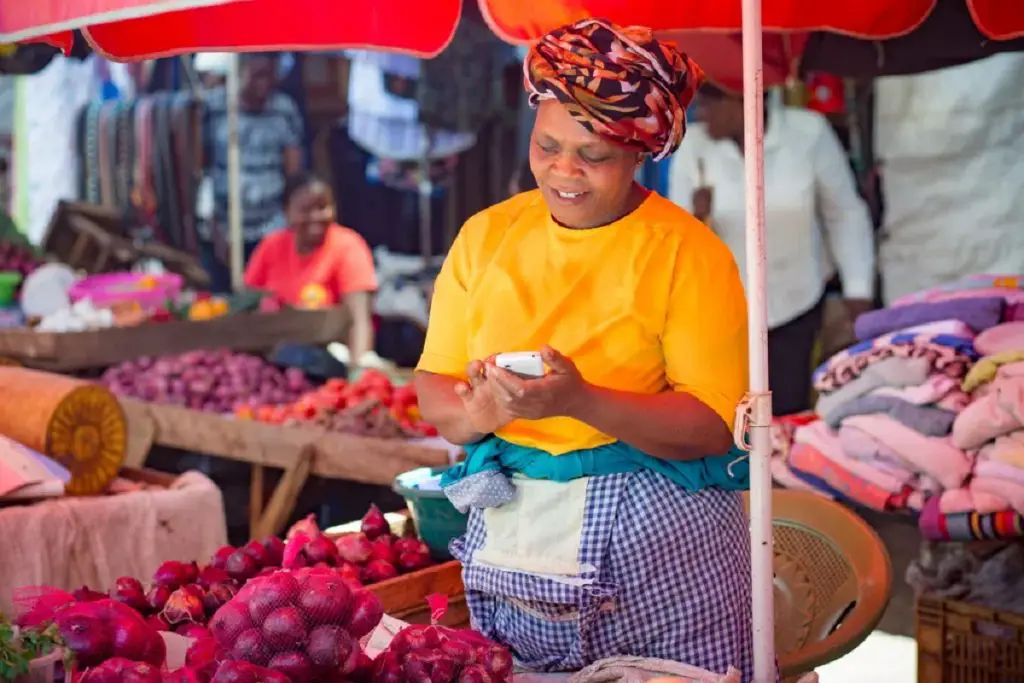Women entrepreneurs in Africa have had a tough time breaking the glass ceiling since the business arena has largely been dominated by men.
From Tripoli to the Cape and from Mogadishu to Libreville, the continent’s number of notable women entrepreneurs can be counted on the fingers of one hand. This is especially if those with political connections and roots are removed from the equation.
With the challenges accompanying small businesses stymying their growth, women suffer the brunt of it all since they also have to juggle several other balls in a continent which is home to 16 per cent of the world’s human population.
Read Kenya: Women own half the 1.3 million MSMEs
Women take much longer to establish enterprises because unlike men, they have to devote much more of themselves to do more than just running their businesses. They have to run their homes and take care of their families and when help is unavailable, their split attention inevitably deals a blow to either of their investments.
Most women, of necessity, choose to take care of their families delaying establishing businesses which is pushed to much later when their families can comfortably run without taking too much of their time.
McKinsey records that the female economy is the world’s largest emerging market and could potentially add US$12 trillion to the global GDP by 2025.
Noteworthy, though, is that Sub-Saharan Africa has the highest rate of female entrepreneurship globally. At approximately 26 per cent of female adults engaged in entrepreneurial activity in this region, Ghana has the highest number of female entrepreneurs than any other country. According to the Global Entrepreneurship Monitor, 46 per cent of businesses in Ghana are owned by women.
Due to several gender-specific challenges, the African Development Bank estimates that there is a US$20 billion financing gap for African women which slows down their growth.
According to Njideka Harry, President and CEO, Youth for Technology Foundation, entrepreneurship are fuelled by necessity in many African countries. Speaking to MasterCard’s Engagement Bureau, Harry said that despite the continent having many potential women entrepreneurs, there are clear obstacles to reaching a point of success for most. To counter these challenges, women have been coalescing together for a united front in pushing their growth agenda on the continent.
Read also: Coaxing AfCFTA a country at a time
For instance, Invest in Africa (IIA) has partnered with the African Women Agribusiness Network (AWAN Afrika) to improve the competitiveness of women in agribusiness and to accelerate trade. The partnership targets reaching 15 million women and youth in agribusiness on the continent by December 2021.
AWAN Afrika is providing a platform for these MSMEs so that they can access information on financial inclusion while improving market access, trade and agri–technology.
Another target is closing gaps by creating market linkages and improving value chain integration to increase access to the markets while also building capacity to address current skills gaps which will help increase chances of success for these MSMEs.
Just like with the challenges to establishing businesses, women have been badly affected by the skewed adoption of technology thus AWAN Afrika and IIA are seeking to leverage on the technologies created to synergise towards extending opportunities in their networks.
The partnership seeks to open new avenues for cooperation to support the growth of women-led agribusinesses especially with the decline in business as a result of the Covid-19 pandemic.
Some African countries have provided stimulus packages to vulnerable families where millions were left exposed and could be the next vulnerable groups.
In all these, the most affected are women and the gains made in women’s economic empowerment are at risk.
IIA targets supporting African SMEs to win US$1bn worth of contracts which will enable the creation of 250,000 jobs by 2025.
The AWAN AFRIKA-IIA partnership will strengthen the two organisations address constraints hindering women in agribusiness especially on accessing new opportunities and markets. AWAN Afrika is calling on governments and development partners to provide resources to address the critical issues facing women and Youth SMEs to avoid their collapse which could have detrimental consequences on livelihoods.
The nonprofit organisation is comprised of individual members’ businesses including producers, processors, aggregators, export companies and input suppliers across the continent and globally. It provides women-owned and youth-owned agribusinesses with an E-Hub which is a repository of information on agriculture along value and supply chains.
